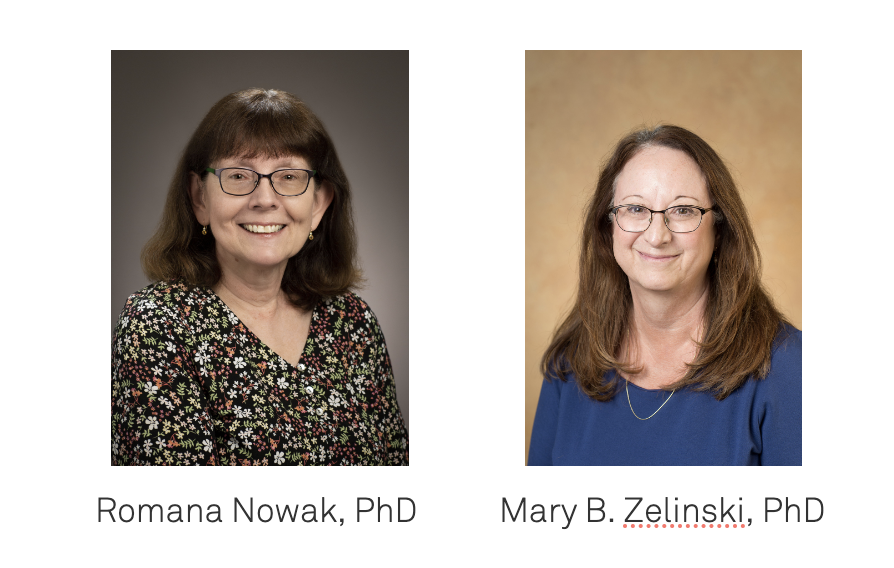Career Catalyst: How to be an effective peer reviewer in academic scholarship
On December 1st, CRS virtually welcomed Dr. Romana Nowak, PhD, Professor of Animal Sciences at the University of Illinois at Urbana-Champaign and Dr. Mary B. Zelinski, PhD, Professor at the Oregon National Primate Research Center. In addition to their active research programs at their respective institutions, Drs. Nowak and Zelinski also serve as Co-Editors in Chief for the Society of Reproductive Science’s flagship journal, Biology of Reproduction (BOR) and joined us for a Career Catalyst focused on, “How to be an effective peer reviewer in academic scholarship”.
Drs. Nowak and Zelinski led an informative discussion on the purpose and merit in the peer review process. The publication process relies not only on the important discoveries that scientists in our field make and communicate but must also be rigorously evaluated by scientists in the field to ensure the quality of the work assessing whether the methods, data, and conclusions are sound. Drs. Nowak and Zelinski then expressed the need for a timely process of evaluation to ensure that scientific progress continues and that reviewing submitted manuscripts can be a part of a trainee’s education. Mentors can request that their trainees be a part of the review process to learn the ins and outs of peer review in academic scholarship. Many journals now have programs, like BOR’s Trainee Reviewer Program, that recruit postdoctoral scholars to become journal article reviewers.
Overall, the CRS community in attendance were provided an interesting deep dive into the process of peer review and the importance of scientists in both discovery and review of the science that moves our field into the future. It’s never too early to learn to be an effective peer reviewer.